(original) (raw)
Balakirev, Miliĭ Alekseevich, 1837-1910
Enlarge text Shrink text
Personality
| מספר מערכת 987007274265705171 
Information for Authority record
Name (Hebrew)
באלאקירב, מילי, 1837-1910
Name (Latin)
Balakirev, Miliĭ Alekseevich, 1837-1910
Name (Cyrilic)
Балакирев, Милий Алексеевич, 1837-1910
Other forms of name
Balakirev, M. (Miliĭ), 1837-1910
Balakirew, Mily Alexejewitsch, 1837-1910
Balakirev, Mili, 1837-1910
Balakirew, Mili, 1837-1910
Balakirev, Mily, 1837-1910
Balakirèff, Mily, 1837-1910
Balakirev, Milij, 1837-1910
Place of birth
Nizhnii Novgorod (Russia)
Place of death
Saint Petersburg (Russia)
MARC
MARC
Other Identifiers
Library of congress: n 50041167
OCoLC: oca00076355
Sources of Information
- Dütsch, G. O.30 chants populaires russes, 1897?
- Leyetchkiss, V. Vladimir Leyetchkiss plays Russian piano masterpieces [SR] 1983:label (Mili Balakirev)
- His Simfonii︠a︡ no. 2, 1982:t.p. (M. Balakirev) colophon (Miliĭ Alekseevich Balakirev)
- Balakirev, M.A. 2ème scherzo (B moll) pour le piano, 190-:t.p. (Mili Balakirew) caption (M. Balakirew)
- His The complete piano music, p1993- :label (Mily Balakirev)
- New Grove(Balakirev, Mily Alexeyevich; b. Jan. 2, 1837, Nizhny-Novgorod, d. May 29, 1910, St. Petersburg; Russian composer)
- His Grande fantaisie sur airs nationales russes, c2005:t.p. (Mily Balakirèff)
- Balakirev, M.A. Islamey, 2004:t.p. (Milij Balakirev)
- LCN
1 / 11

Милий Балакирев
неизв., Public domain
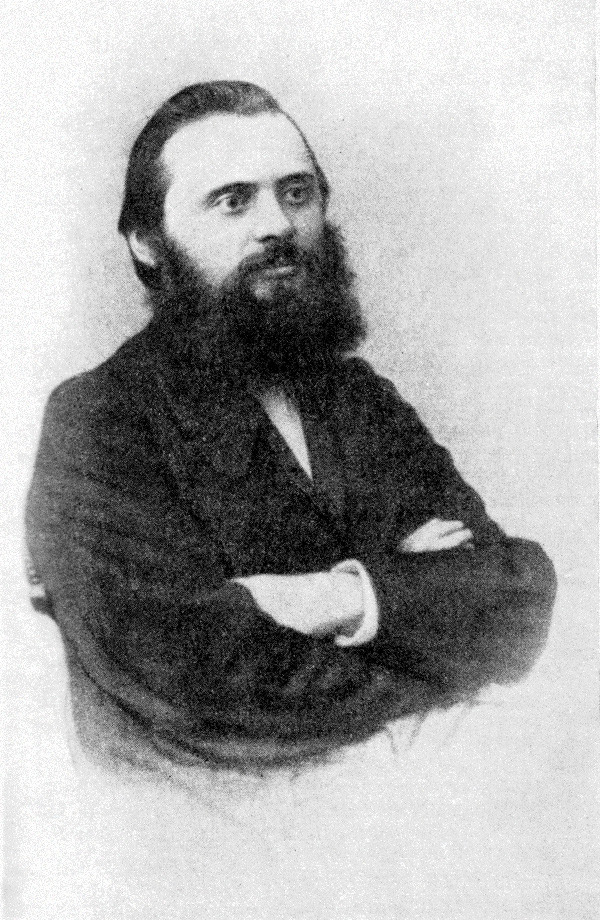
File:Balakirev1860s CuiIP 73 600.jpg
, Public domain

File:Balakorevyoung.jpg
, PD
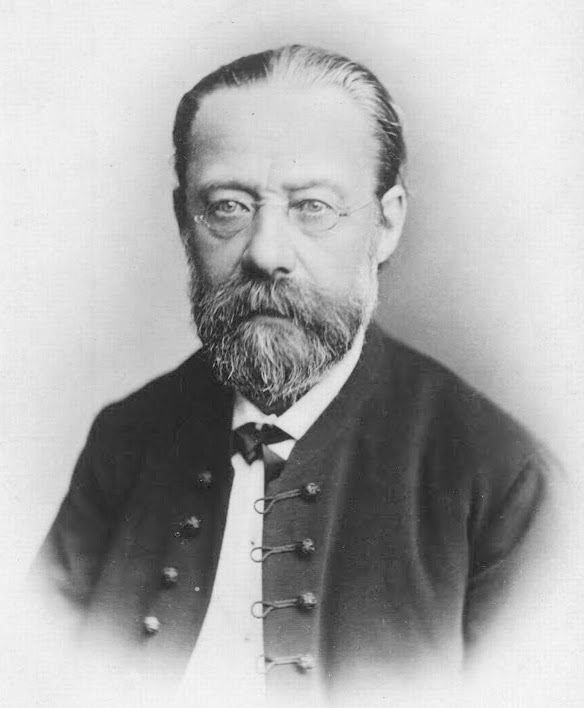
File:Bedrich Smetana.jpg
Unknown authorUnknown author, Public domain
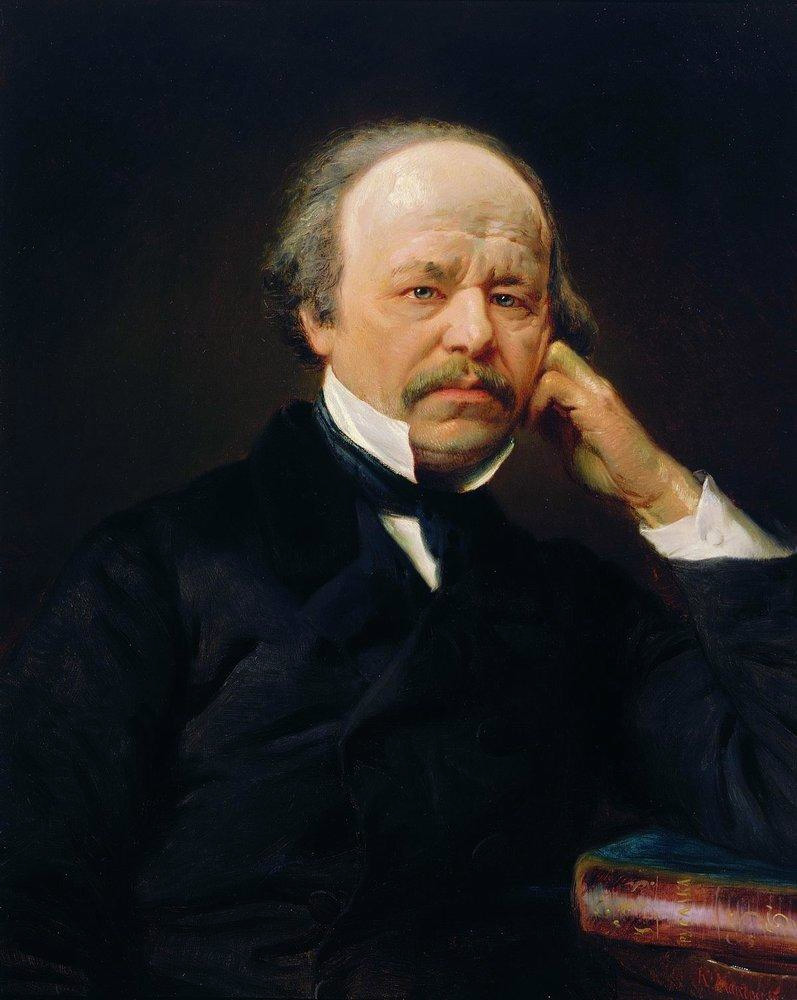
File:Makovskiy Dargomyzhsky.jpg

File:Milij Aleksejevič Balakirev (Милий Алексеевич Бала́кирев).jpg
Unknown authorUnknown author, Public domain
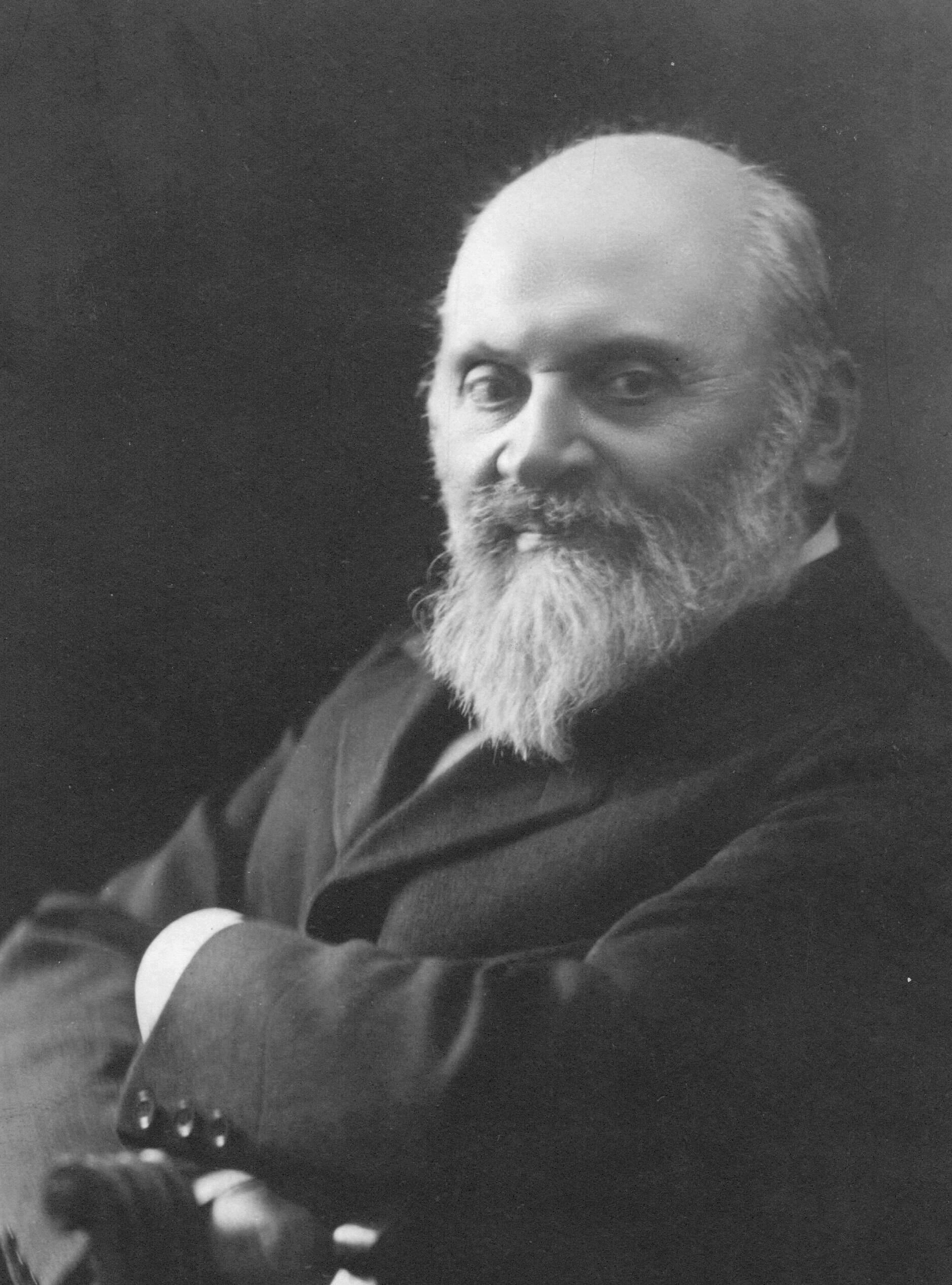
File:Mily Balakirev.jpg
, Public domain

File:Odoevsky-Balakirev--Glinka-(Repin.jpg
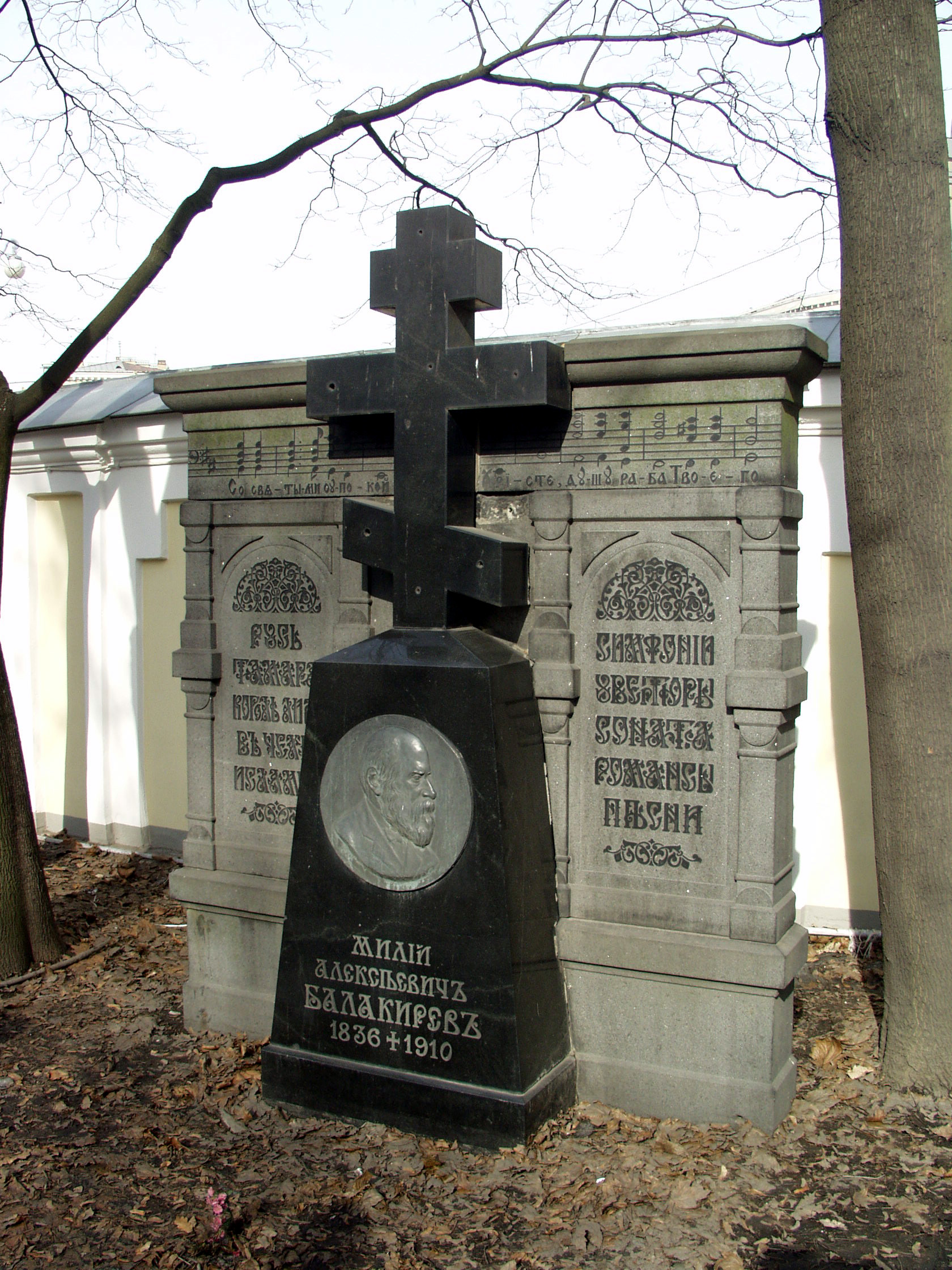
File:P3264411 balakirev lg.jpg
, CC BY-SA 3.0

File:Rimsky-Korsakov 1866.jpg
Unknown authorUnknown author, Public domain

File:Tchaikovsky 6.jpeg
, Public domain
Wikipedia description:
Mily Alexeyevich Balakirev (UK: bə-LA(H)K-i-rev, US: BAH-lah-KEER-ef; Russian: Милий Алексеевич Балакирев, pronounced [ˈmʲilʲɪj ɐlʲɪkˈsʲe(j)ɪvʲɪdʑ bɐˈlakʲɪrʲɪf] ; 2 January 1837 [O.S. 21 December 1836] – 29 May [O.S. 16 May] 1910) was a Russian composer, pianist, and conductor known today primarily for his work promoting musical nationalism and his encouragement of more famous Russian composers, notably Pyotr Ilyich Tchaikovsky. He began his career as a pivotal figure, extending the fusion of traditional folk music and experimental classical music practices begun by composer Mikhail Glinka. In the process, Balakirev developed musical patterns that could express overt nationalistic feeling. After a nervous breakdown and consequent sabbatical, he returned to classical music but did not wield the same level of influence as before. In conjunction with critic and fellow nationalist Vladimir Stasov, in the late 1850s and early 1860s, Balakirev brought together the composers now known as The Five (a.k.a., The Mighty Handful) – the others were Alexander Borodin, César Cui, Modest Mussorgsky, and Nikolai Rimsky-Korsakov. For several years, Balakirev was the only professional musician of the group; the others were amateurs limited in musical education. He imparted to them his musical beliefs, which continued to underlie their thinking long after he left the group in 1871, and encouraged their compositional efforts. While his methods could be dictatorial, the results of his influence were several works which established these composers' reputations individually and as a group. He performed a similar function for Tchaikovsky at two points in the latter's career – in 1868–69 with the fantasy-overture Romeo and Juliet, and in 1882–85 with the Manfred Symphony. As a composer, Balakirev finished major works many years after he had started them; he began his First Symphony in 1864 but completed it in 1897. The exception to this was his oriental fantasy Islamey for solo piano, which he composed quickly and remains popular among virtuosos. Often, the musical ideas normally associated with Rimsky-Korsakov or Borodin originated in Balakirev's compositions, which Balakirev played at informal gatherings of The Five. However, his slow pace in completing works for the public deprived him of credit for his inventiveness, and pieces that would have enjoyed success had they been completed in the 1860s and 1870s made a much smaller impact. Balakirev began work on a second symphony, Symphony No. 2 in D minor in 1900, but did not complete the work until 1908.
All items Digital Items only
